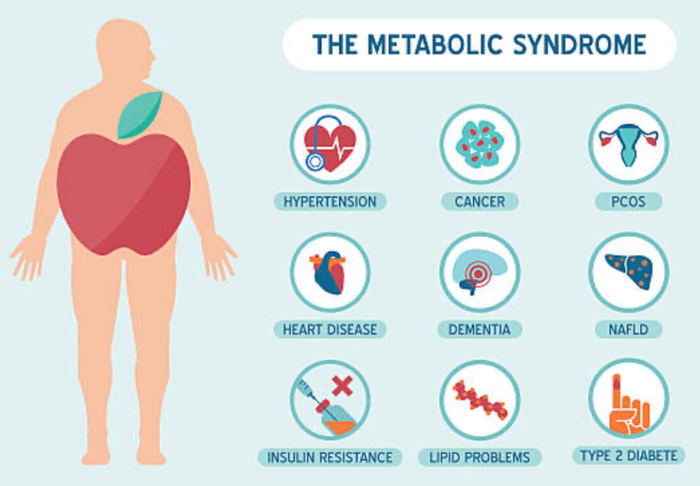Everyone has an inner voice.
At times, this inner voice can be helpful and keep us motivated, such as when it reminds us why we started our journey towards a healthier lifestyle and prompts us to keep striving. However, this little voice can also be harmful, particularly when it becomes excessively negative. This kind of self-talk can be the source of a great deal of stress and anxiety and is capable of really bringing us down.
Some negative self-talk is actually quite cruel and would be unacceptable to you to speak to someone else in this way, such as “I always fail when I attempt this, so I won’t even try”, or “I’ve made a mistake so now I’ve messed everything up again” … catastrophising, blaming and unnecessarily berating yourself.
This kind of negative self-talk is an inner conversation you’re having with yourself, which is likely limiting your ability to trust yourself and believe in your own abilities. It can make you avoid opportunities to reach your potential and get stuck in a rut … or worse, it can lead to feelings of despair, helplessness and depression.
As I said – whether you believe you can, or you believe you can’t, you’re right!
All of these behaviours are negative and do not serve you well. The good news is, you created them, so you can change them!
How can you turn this around and eliminate much of your negative self-talk?
- The more you tell yourself you can’t do something, the more likely you are to believe it to be true
- Let go of perfectionism. High achievers generally have more success than perfectionists as they acknowledge their achievements and are less focussed on how the negative thoughts of how they could have done something better.
- Your negative self-talk can also affect your relationships with those closest to you, with your constant self-criticism making you seem needy and insecure.
Become more aware of when you are being self- critical.
Often we say things to ourselves that we’d never say to a friend. Use this as your guide. The next time you experience negative self-talk, ask yourself if this be ok to say to a friend? If not, it’s also not ok for you!
Try to eliminate words such as ‘can’t’ and ‘should’, which generally have negative connotations. Instead of “I should have done that differently’ … try “I will do that differently next time.”
Recognise that, while your thoughts may seem very astute, they may be skewed, like everyone else’s, subject to biases and influences of your mood.
Gain perspective. Ask yourself if something you feel upset about will actually really matter in the scheme of your life, long-term. If the answer is no, it’s likely not worth the energy you’re giving it.




























